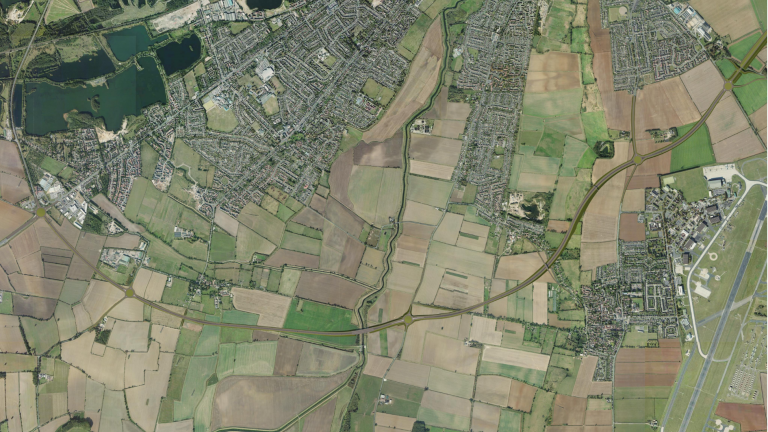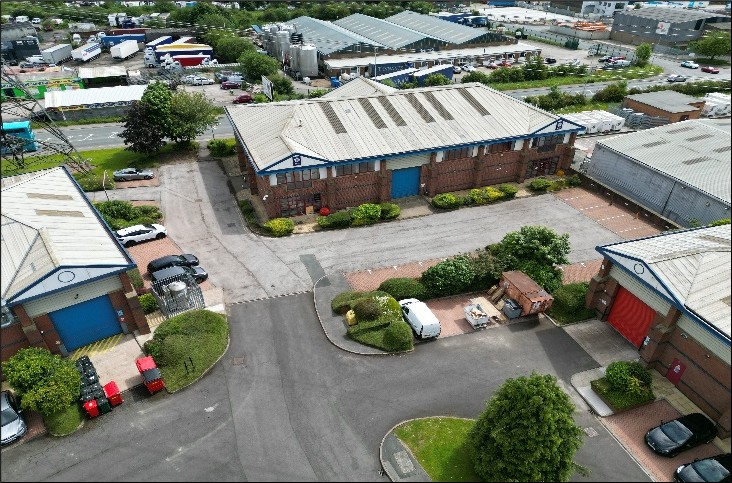Leeds has emerged as the leading city for large corporates outside London, surpassing other regions in the UK. With 203 corporate firms, the city outpaces its competitors and boasts a workforce of over 400,000 employees, generating a combined turnover of £72bn.
The wider Yorkshire and Humber region, encompassing Sheffield and North Yorkshire, also ranks high on the list, with a collective workforce of over 528,000 people and a total turnover exceeding £100 billion. The HSBC UK Corporate Tracker reveals that these areas are pivotal for large businesses, contributing to the region’s economic strength.
Leeds is a significant player in the financial services sector, housing major banks, accountancy firms, and insurance providers. This sector leads the corporate landscape in the city, followed by professional, scientific, and technical industries.
The report highlights that foreign-owned businesses make up 18% of large corporates in Leeds, lower than the national average of 24%. This presents an opportunity for the city to attract more international investment, suggesting that UK businesses should look beyond domestic borders for growth opportunities.












